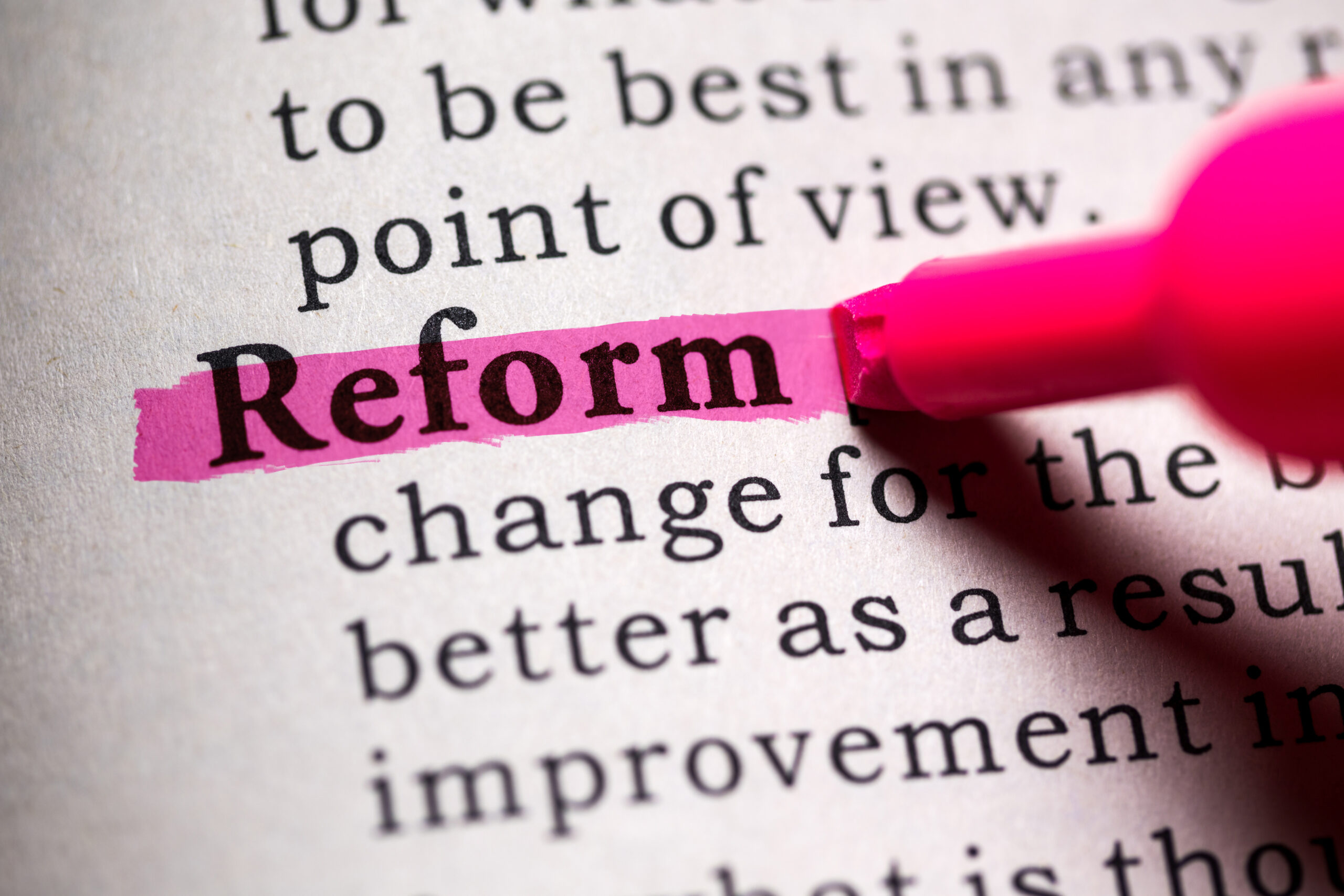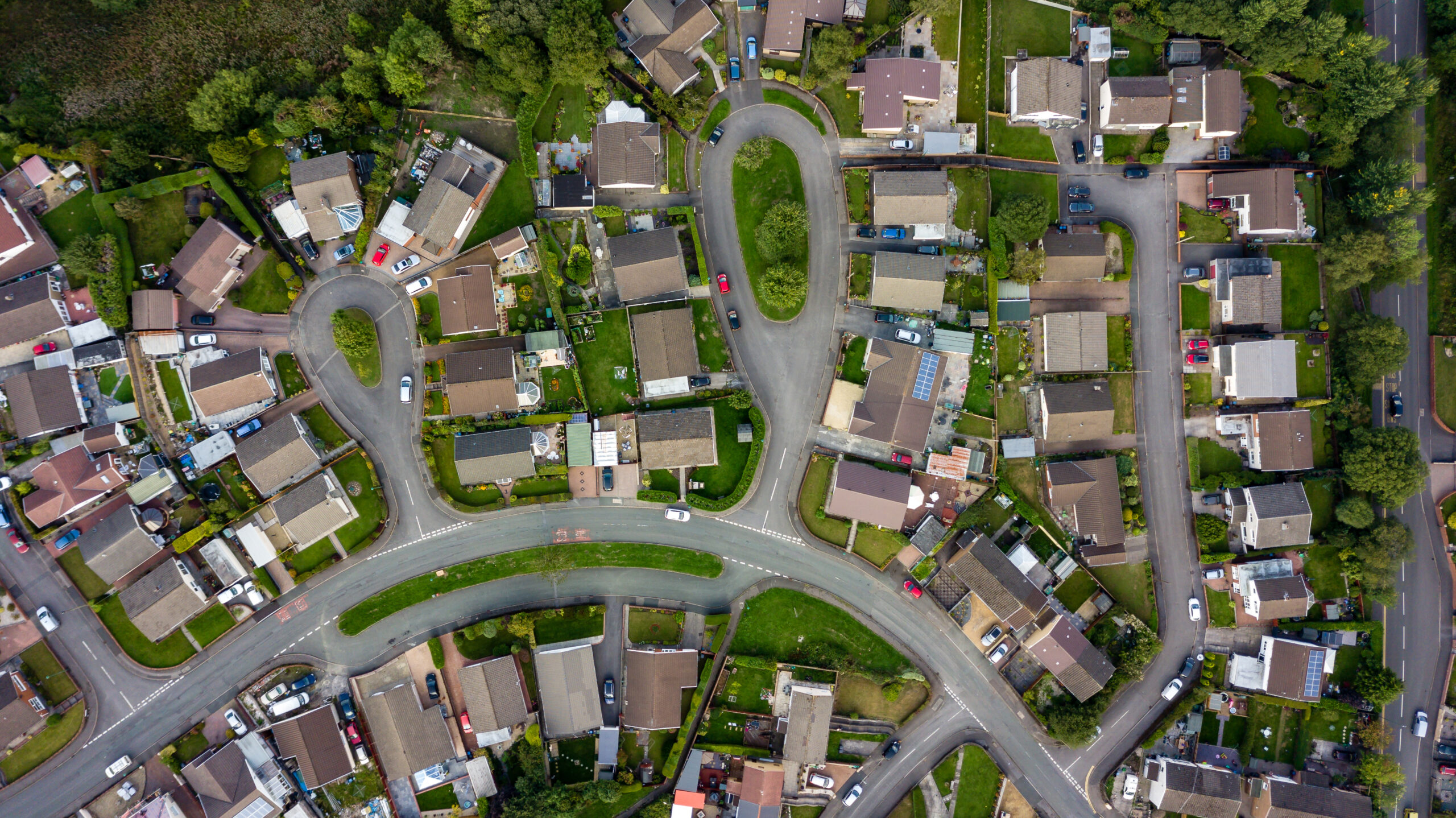Decent Homes Standard Overhaul Signals Quality-Driven Reform

As part of its Plan for Change, the UK government has launched an overhaul of the Decent Homes Standard, a move set to affect millions of social and private rented homes.
This sweeping reform introduces modern energy efficiency thresholds, clearer safety obligations, and a redefinition of what constitutes “decent” in housing.
Key Details
- Energy Efficiency Targets: Homes must meet new Minimum Energy Efficiency Requirements, aimed at cutting fuel poverty and supporting net-zero goals.
- Damp & Mould Enforcement: Awaab’s Law will be enshrined in the updated standard, compelling landlords to resolve hazards within set timeframes following tragic incidents.
- Sector-Wide Scope: The standard will extend for the first time to cover private rental properties, ensuring parity across tenures.
- Rent Policy Alignment: A new 10-year rent settlement (CPI+1% from 2026) provides cost stability for providers to budget improvement works.
- Consultation Process: Active engagement with tenants, councils, and landlords is underway to shape final measures before launch.
What It Means for the UK Social Housing Sector
This update reflects a philosophical shift from reacting to complaints and crises, to actively defining quality of life benchmarks within housing stock. Providers can now align investment strategies to long-term regulatory expectations, reducing guesswork and risk.
The standard helps elevate tenant trust, ensuring that housing associations and councils are held to clear, enforceable expectations.
It also unlocks borrowing power, thanks to more predictable rental income and cost planning mechanisms.
Taken together with the new-build programme, this reform aims to modernise the UK’s entire social housing system, delivering not only more homes but better homes safe, warm, sustainable, and fair.

